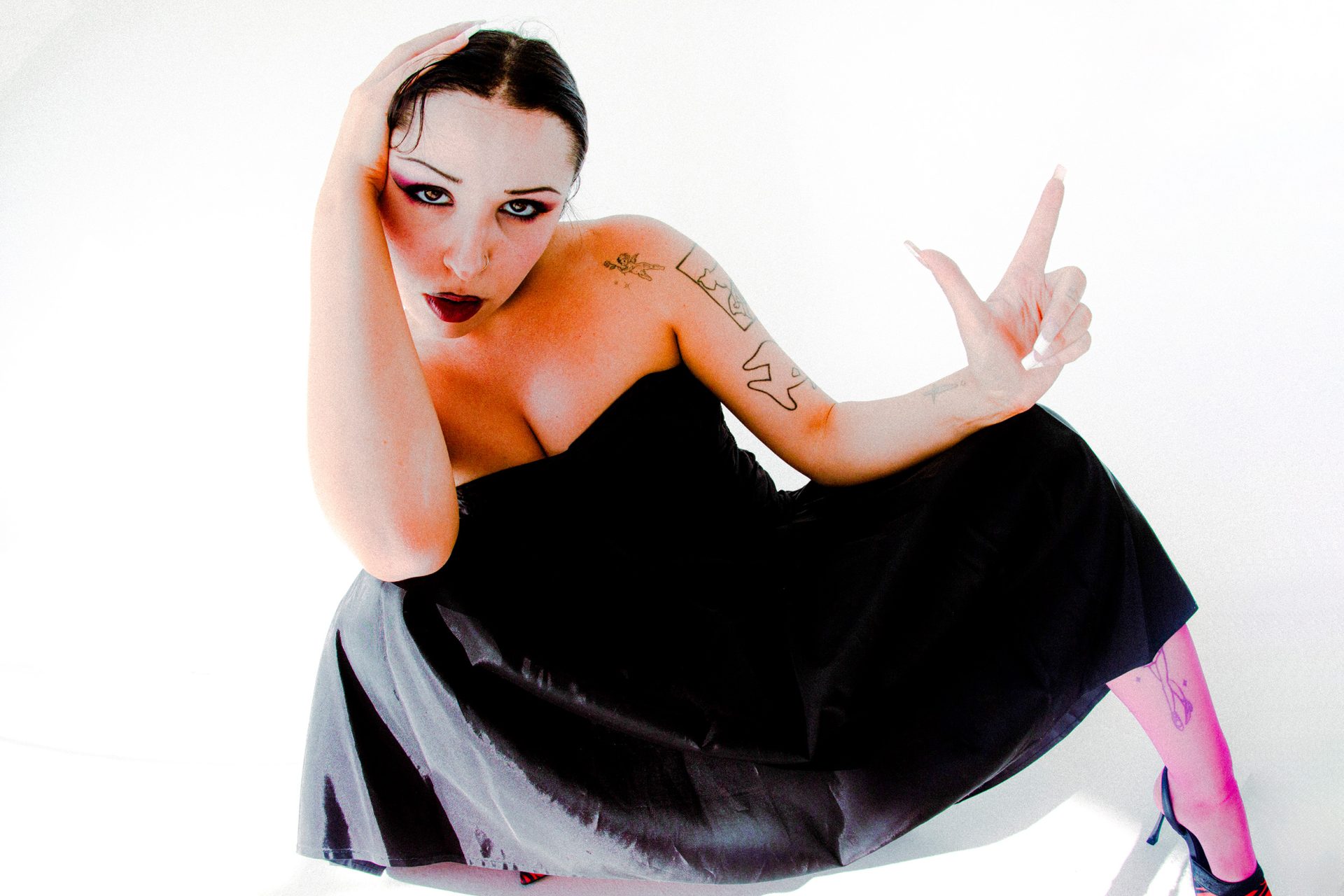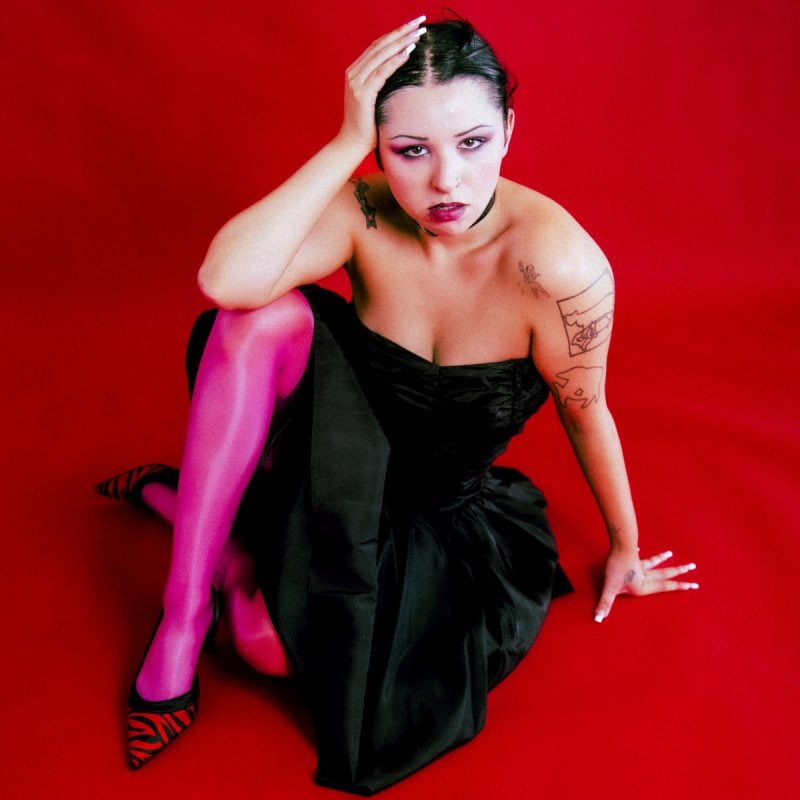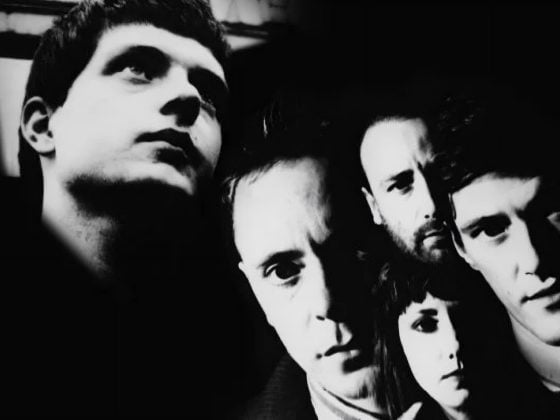The world often pens a dark script for women, forcing them to walk a tightrope between conflicting expectations. On one side, there’s the relentless pressure to embody fragility—the sainted Madonna, praised for purity yet imprisoned by it. On the other, a subtle, sometimes blatant, push to wield sexuality as a tool, whether it fits the soul or not.
This tug-of-war creates a constant, gnawing tension. Women are expected to be both untouchable and accessible, revered yet reduced. The true battle lies in breaking free from these worn-out roles, finding the strength to live beyond the victim-vixen dichotomy. To stand tall, unapologetic, and embrace their full humanity—that is the real victory. The challenge is in rejecting the script altogether, crafting a life free from the suffocating chains society insists on tightening.
Madeline Goldstein channels raw energy into 1996 Expectations; a tightrope walk through the complexities of the music business. Imagine Madonna fronting Violator-era Depeche Mode—her voice both smoky and commanding, exuding confidence and control. Goldstein’s performance is a challenge to the restrictive roles often imposed on women, as she navigates the tension between vulnerability and strength.
Her sultry, bold vocals cut through the synth-driven track, embodying the struggle of maintaining authenticity in an industry that often demands compromise. With each note, she pushes against boundaries, embracing power and independence in a world eager to define her.
“Expectations are the gun – the killer – of a pure thought or action,” Goldstein asserts. “And when you’ve shown everyone yourself, inside-out, and they still want more, what’s next? It’s an introduction to the themes of voyeurism and constraint on the new record, whether that be inside the mind, inside the body, or in the open spaces of the everyday world.”
Tyler Carlin’s retrofuturistic video for 1996 Expectations traps Goldstein in a stark, stylized cell, where every tick of the clock and tilt of the scales of justice marks the relentless grind of time and the burden of societal roles. She paces, anxious, her movements echoing the weight of those unspoken rules that press harder with each passing second. The nods to German expressionism linger in the harsh angles and the cold geometry of the space, while early ’80s video aesthetics creep through the cracks, reminding us that we’ve seen this all before.
There’s a sense of eerie repetition—a feeling that no matter how far we push forward, we’re doomed to replay the same scenes. The cell isn’t just a set; it’s a symbol of the cycles we’re stuck in, the endless loop of roles, rules, and expectations we’ve inherited and still can’t escape. Time turns, yet nothing truly changes.
Watch the video for “1996 Expectations” below:
1996 Expectations, the first single off Madeline Goldstein’s upcoming full-length record, sets the stage for what’s to come. The track was produced by Matia Simovich at Infinite Power Studios in Los Angeles. The single also benefits from additional engineering by Grover Greenberg and Coleman Ketchem.
For the video for “1996 Expectations,” Directed by Tyler Carlin, Andy Zane contributed as the second camera and gaffer, while Chad Fjerstad took on the roles of the third camera and production assistant. Rose Villeneuve was the stylist for the project, and Tiffany Trezzo handled makeup, hair, and behind-the-scenes support. Joy DaMert served as the prop master and production assistant, and Gavin Gaitan was responsible for lighting and camera assistance.
Listen to the “1996 Expectations” via Spotify and order here.
Catch Madeline Goldstein on 26 and 27 October at Substance Fest in San Antonio.
Follow Madeline Goldstein:
















 Or via:
Or via: